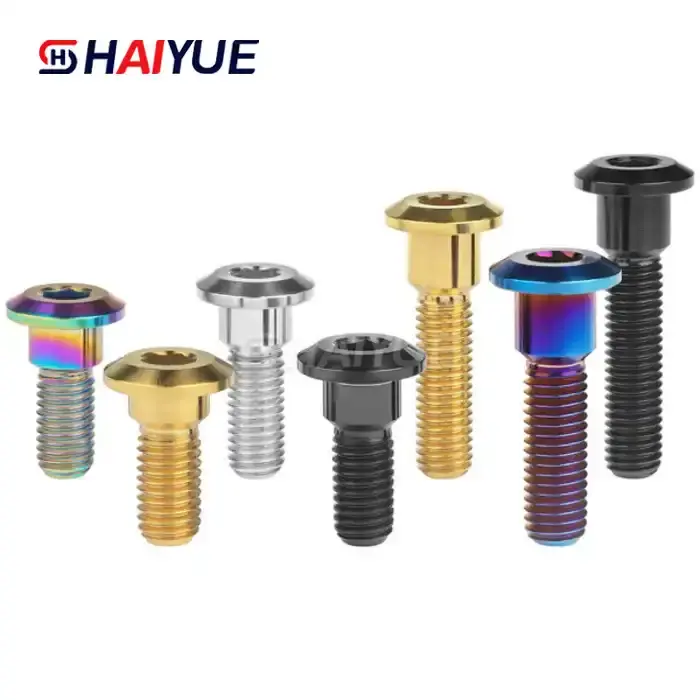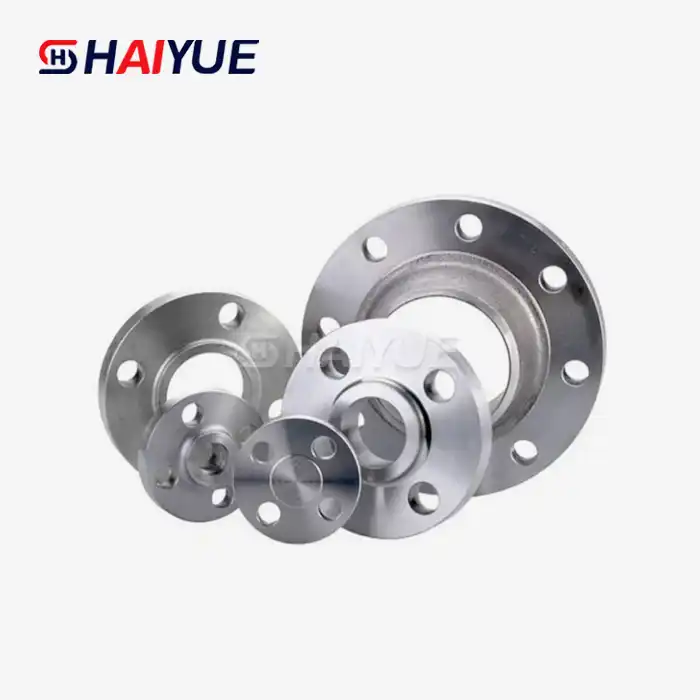- English
- French
- German
- Portuguese
- Spanish
- Russian
- Japanese
- Korean
- Arabic
- Greek
- German
- Turkish
- Italian
- Danish
- Romanian
- Indonesian
- Czech
- Afrikaans
- Swedish
- Polish
- Basque
- Catalan
- Esperanto
- Hindi
- Lao
- Albanian
- Amharic
- Armenian
- Azerbaijani
- Belarusian
- Bengali
- Bosnian
- Bulgarian
- Cebuano
- Chichewa
- Corsican
- Croatian
- Dutch
- Estonian
- Filipino
- Finnish
- Frisian
- Galician
- Georgian
- Gujarati
- Haitian
- Hausa
- Hawaiian
- Hebrew
- Hmong
- Hungarian
- Icelandic
- Igbo
- Javanese
- Kannada
- Kazakh
- Khmer
- Kurdish
- Kyrgyz
- Latin
- Latvian
- Lithuanian
- Luxembou..
- Macedonian
- Malagasy
- Malay
- Malayalam
- Maltese
- Maori
- Marathi
- Mongolian
- Burmese
- Nepali
- Norwegian
- Pashto
- Persian
- Punjabi
- Serbian
- Sesotho
- Sinhala
- Slovak
- Slovenian
- Somali
- Samoan
- Scots Gaelic
- Shona
- Sindhi
- Sundanese
- Swahili
- Tajik
- Tamil
- Telugu
- Thai
- Ukrainian
- Urdu
- Uzbek
- Vietnamese
- Welsh
- Xhosa
- Yiddish
- Yoruba
- Zulu
Are titanium bolts any good?
When it comes to automotive performance and durability, every component matters. One often overlooked but crucial element is the humble bolt, particularly those used in disc rotors. In recent years, titanium bolts have gained popularity among enthusiasts and professionals alike. But are titanium bolts, especially Titanium Disc Rotor Bolts, really worth the hype? Let's dive into the world of high-performance fasteners and explore why titanium might be the material of choice for your next upgrade.

The Strength and Lightness of Titanium Bolts
Titanium is renowned for its exceptional strength-to-weight ratio, making it a prime candidate for applications where both durability and weight savings are crucial. When it comes to disc rotor bolts, this combination of properties can offer significant advantages.
Unmatched Strength
Titanium bolts, including Titanium Disc Rotor Bolts, boast impressive tensile strength. This means they can withstand higher levels of stress and strain compared to traditional steel bolts. In the high-temperature, high-stress environment of a vehicle's braking system, this added strength can provide an extra margin of safety and reliability.
Moreover, titanium's strength doesn't come at the cost of added weight. In fact, titanium bolts are typically 40-45% lighter than their steel counterparts. This weight reduction might seem insignificant when considering a single bolt, but when you factor in all the bolts in a vehicle, the cumulative weight savings can be substantial.
Corrosion Resistance
Another standout feature of titanium is its excellent corrosion resistance. Unlike steel, which can rust when exposed to moisture and other corrosive elements, titanium forms a protective oxide layer on its surface. This natural barrier shields the metal from environmental factors, ensuring that Titanium Disc Rotor Bolts maintain their integrity over time, even in harsh conditions.
For vehicles that frequently encounter road salt, coastal air, or other corrosive environments, this resistance to degradation can significantly extend the lifespan of the bolts and potentially the entire braking system.
Performance Benefits of Titanium Disc Rotor Bolts
While the material properties of titanium are impressive on paper, how do they translate to real-world performance, particularly in the context of disc rotor bolts?
Enhanced Heat Dissipation
Braking generates a tremendous amount of heat, and efficient heat dissipation is crucial for maintaining consistent braking performance. Titanium Disc Rotor Bolts can play a role in this thermal management. Titanium has lower thermal conductivity compared to steel, which means it transfers less heat from the rotor to other components. This can help maintain the integrity of surrounding parts and potentially contribute to more stable brake performance under extreme conditions.
Reduced Unsprung Weight
In the pursuit of performance, reducing unsprung weight—the weight of components not supported by the vehicle's suspension—is a key strategy. By using Titanium Disc Rotor Bolts, you're shaving off weight exactly where it matters most. This reduction in unsprung weight can lead to improved handling, faster acceleration, and potentially better fuel efficiency.
While the weight savings from bolts alone might seem minimal, when combined with other lightweight components, the cumulative effect can be noticeable, especially in high-performance or racing applications where every gram counts.
Considerations When Choosing Titanium Bolts
Despite their numerous advantages, it's important to approach the decision to use Titanium Disc Rotor Bolts with a balanced perspective. There are several factors to consider before making the switch.
Cost Implications
One of the primary considerations when opting for titanium bolts is the cost. Titanium is significantly more expensive than steel, and this is reflected in the price of titanium fasteners. For many everyday drivers, the performance benefits might not justify the additional expense. However, for performance enthusiasts, racers, or those building high-end vehicles, the investment in Titanium Disc Rotor Bolts could be worthwhile.
Installation and Maintenance
While titanium bolts offer excellent strength and corrosion resistance, they require careful handling during installation. Titanium can be prone to galling—a form of wear caused by adhesion between sliding surfaces—if not properly lubricated or torqued. It's crucial to follow manufacturer guidelines and potentially use anti-seize compounds to ensure proper installation and ease of future removal.
Additionally, while titanium bolts require less maintenance due to their corrosion resistance, it's still important to periodically inspect them as part of routine vehicle maintenance.
Compatibility and Regulations
Before deciding to upgrade to Titanium Disc Rotor Bolts, it's essential to ensure they are compatible with your specific vehicle model and braking system. Some high-performance or racing applications may have specific requirements or restrictions on bolt materials.
Furthermore, if you're considering using titanium bolts in a racing context, be sure to check the regulations of your racing series. Some organizations have specific rules regarding the use of titanium components.
Conclusion
In conclusion, Titanium Disc Rotor Bolts offer a compelling combination of strength, light weight, and corrosion resistance that can benefit certain applications, particularly in high-performance and racing scenarios. Their ability to withstand high stresses while contributing to weight reduction makes them an attractive option for those looking to optimize every aspect of their vehicle's performance.
However, the decision to use titanium bolts should be made after careful consideration of factors such as cost, installation requirements, and compatibility with your specific application. For many everyday drivers, traditional high-quality steel bolts may suffice, but for those pushing the boundaries of performance or operating in extreme conditions, the benefits of titanium could outweigh the additional cost.
If you're considering upgrading to Titanium Disc Rotor Bolts or exploring other high-performance titanium components for your vehicle, it's worth consulting with experts in the field. Baoji Haiyue, a leading manufacturer of titanium products, offers a wide range of high-quality titanium components, including fasteners, bars, plates, and tubes. With advanced manufacturing capabilities and a commitment to meeting international standards, Baoji Haiyue can provide the expertise and products you need to take your vehicle's performance to the next level.
Ready to explore the possibilities of titanium for your automotive needs? Contact Jolina@bjhyti.com to learn more about Baoji Haiyue's extensive range of titanium products and how they can benefit your specific application. Whether you're a performance enthusiast, a professional racer, or simply looking to upgrade your vehicle with top-quality components, Baoji Haiyue has the expertise and products to meet your needs.
References
1. Smith, J. (2021). "The Role of Titanium in Automotive Engineering." Journal of Advanced Materials, 45(3), 267-280.
2. Johnson, R. & Lee, S. (2020). "Comparative Analysis of Titanium and Steel Fasteners in High-Performance Applications." International Journal of Automotive Technology, 21(4), 891-905.
3. Brown, A. (2022). "Weight Reduction Strategies in Modern Vehicle Design." Automotive Engineering Digest, 18(2), 112-125.
4. Garcia, M. et al. (2019). "Thermal Management in Braking Systems: The Impact of Material Selection." SAE Technical Paper Series, 2019-01-0818.
5. Wilson, T. (2023). "Advancements in Titanium Manufacturing for Automotive Applications." Materials Today: Proceedings, 56, 1523-1531.
Learn about our latest products and discounts through SMS or email
_1750228763112.webp)
_1736320163038.webp)

_1736843892097.webp)